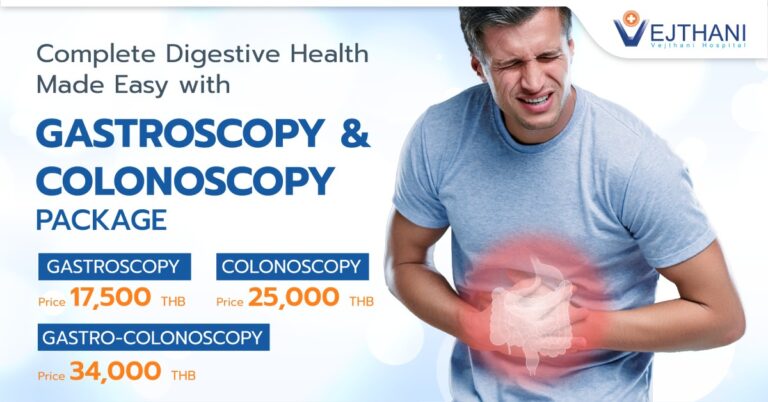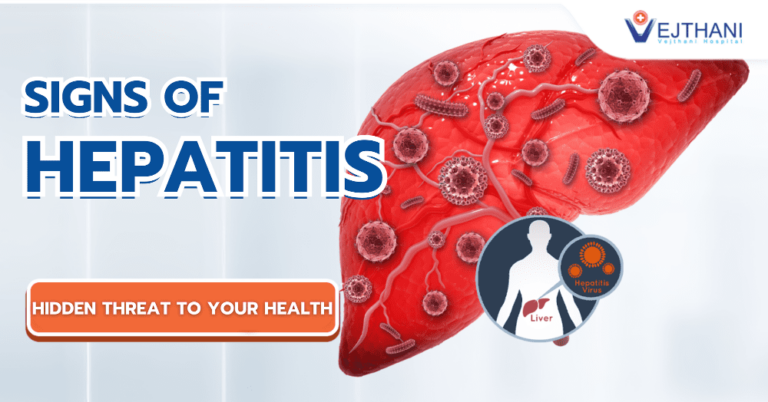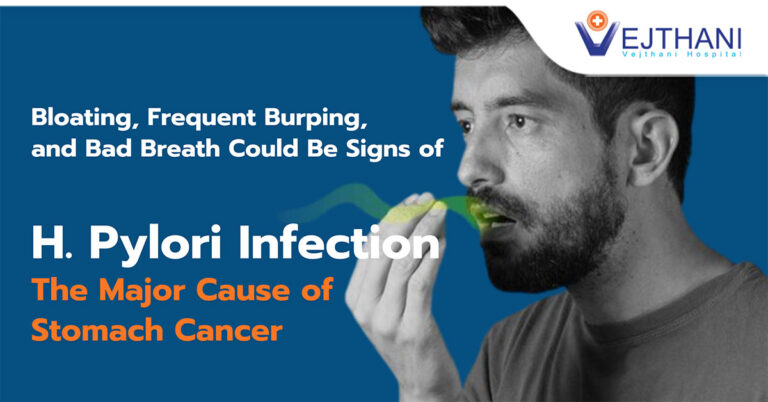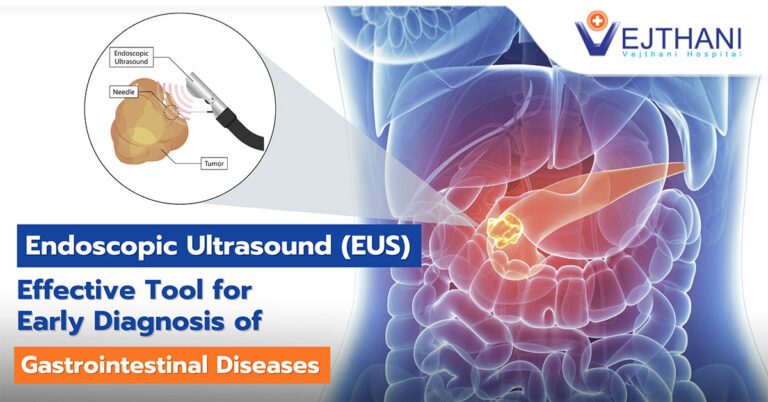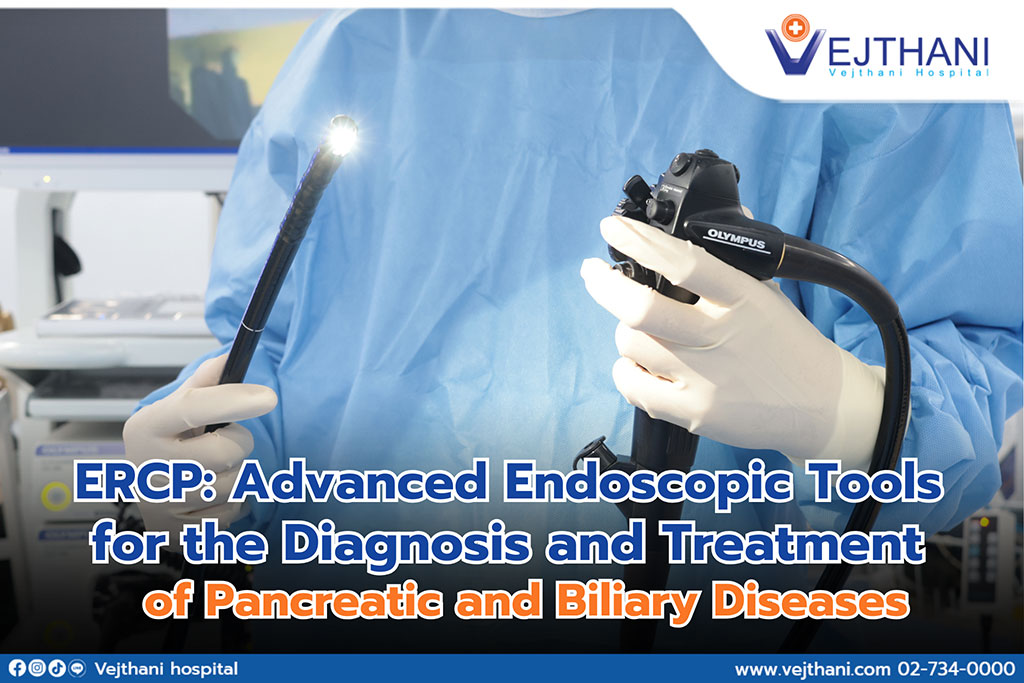

What is ERCP?
Endoscopic retrograde cholangiopancreatography, or ERCP, is a procedure to treat some diseases of bile ducts and pancreas. Doctors can view the inside of these organs and check for problems by using a special scope combined with contrast dyes and X-rays.
Why might I need ERCP? – Indications of ERCP
ERCP might be necessary to diagnose and treat the cause of unexplained abdominal pain or jaundice (yellowing of the skin and eyes). It can also provide additional information if you have pancreatitis or cancer affecting the liver, pancreas, or bile ducts.
Other indications that may be detected and treated with ERCP include:
- Bile duct stones with or without cholangitis (infection of the bile duct)
- Biliary strictures (narrowing of the ducts)
- Leaks from the bile or pancreatic ducts
- Tumors with biliary obstruction
- Stones in the pancreatic duct
- Acute pancreatitis due to biliary stone
- Acute cholecystitis in some patients
ERCP may help you avoid surgery in some cases.
What are the risks of ERCP?
Be sure to tell your provider if you have allergies or sensitivities to medicines, contrast dyes, or iodine.
Possible complications of ERCP include:
- Pancreatitis (inflammation of the pancreas) or cholecystitis (inflammation of the gallbladder)
- Infection
- Bleeding, Tears in the lining of the upper digestive tract
- Biloma (collection of bile outside the biliary system)
Preparing for an ERCP
There are important steps you must take to get ready for your ERCP safely. These are general instructions. Be sure to follow any instructions given to you by your doctor.
Pre-procedural planning
- Anesthesia preprocedural assessment
- Anticoagulants and other medication review
- Laboratory tests and imaging
- Consent: the doctor informs about the details of the procedure, its benefits, and risks
- Eating plan before procedure
- Do not eat any solid food after midnight the night before your test.
- Do not drink any liquids or water for three hours before your test.
Post-preprocedural care
- Recovery room: After the procedure, you will be monitored in a recovery room until the effects of the medicine subside and you become more alert.
- Dietary advice: Start with clear liquids initially and progress to a regular diet as tolerated.
For more information, please contact
Gastroenterology and Hepatology Center, Vejthani Hospital
Call: (+66)2-734-0000 Ext. 2960, 2961, 2966
English Hotline: (+66)85-223-8888
- Readers Rating
- Rated 5 stars
5 / 5 ( Reviewers) - Spectacular
- Your Rating





















